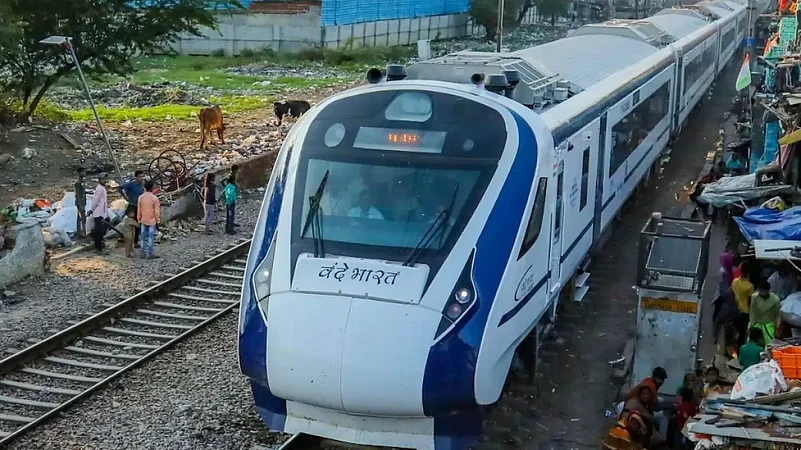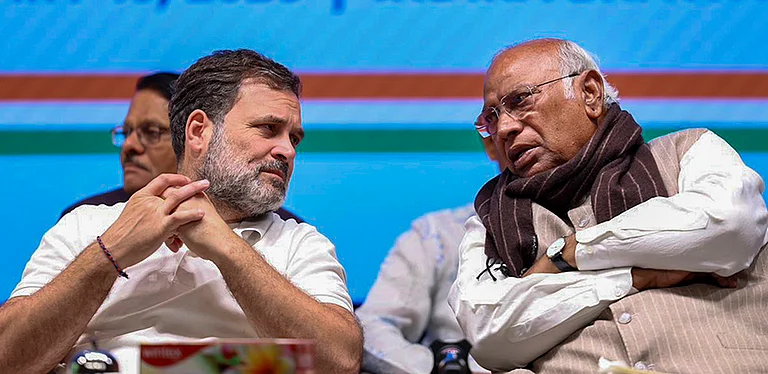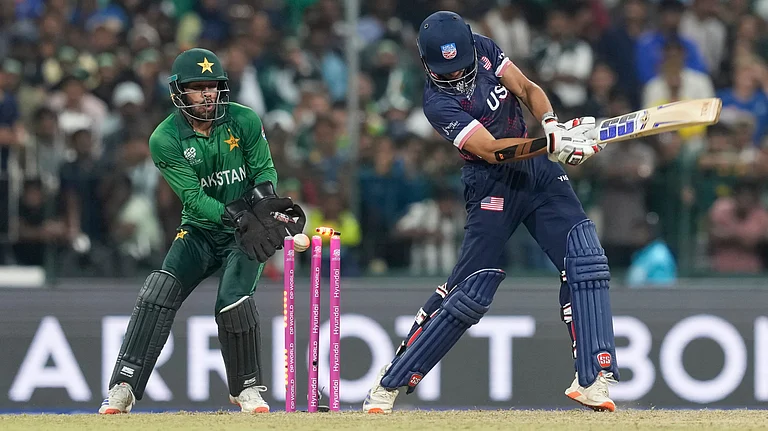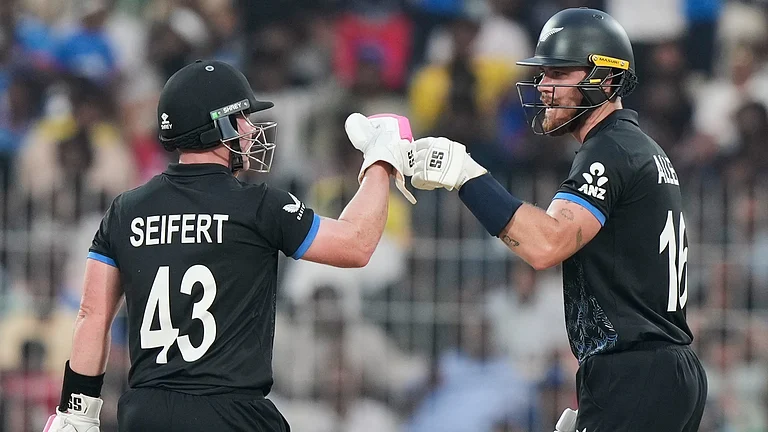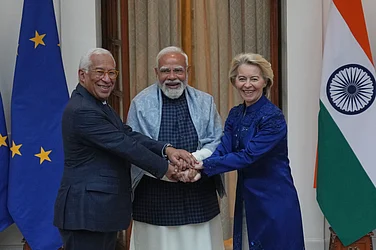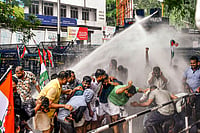India's fastest train 'Vande Bharat Express' has been running at an average speed of around 83 kmph over the last two years despite being capable of hitting a maximum of 180 kmph owing to poor track conditions, a reply to an RTI query has revealed.
The RTI, filed by Madhya Pradesh-based Chandra Shekhar Gaur, said the average speed of the semi high-speed train was 84.48 kmph in 2021-22, while the same was 81.38 kmph in 2022-23.
The Vande Bharat Express is an electric multiple-unit train operated by the Indian Railways. It was designed by the Research Designs and Standards Organisation (RDSO)and manufactured by the Integral Coach Factory (ICF), located in Chennai.
The Vande Bharat trains, built to run at a speed of 180 kmph, have been capped at 130 kmph for commercial operations due to track conditions, officials said, adding that the trains are unable to hit even this speed limit over most stretches in the network. The officials asserted that the speed of such trains varies depending on the track conditions.
While the Mumbai CSMT-Sainagar Shirdi Vande Bharat Express has the lowest average speed of around 64kmph, the fastest average is maintained by the country's first Vande Bharat Express train launched in 2019 -- New Delhi-Varanasi Vande Bharat Express which runs at an average speed of 95 kmph. The Rani Kamalapati (Habibganj)-Hazrat Nizamuddin Vande Bharat Express is a close second, maintaining an average speed of 94 kmph.
Officials said the average speed of Vande Bharat trains is better than Rajdhani and Shatabdi Express trains due to its faster acceleration/deceleration in comparison. "One has to understand that no mode of transport can maintain its maximum speed throughout its journey. The condition of the surface it is running on determines its speed. The average speed of each Vande Bharat train in every section is faster than the fastest train of that section. For example, it is running with maximum permissible speed of 160 kmph between Agra Cantt–Tughlakabad," an official said.
The railways has ambitious plans for these trains, 14 of which are currently operational on prime routes, cutting the average travel time by several hours in many routes. While the current versions of the trains are only chair car, the national transporter plans to introduce sleeper versions soon.
Officials said while these trains are built to run at high speed, the rail network is also being upgraded so that Vande Bharat like trains can attain higher speed in the future. The advanced version of Vande Bharat trains will be able to attain a maximum speed of 200 km per hour (kmph).






